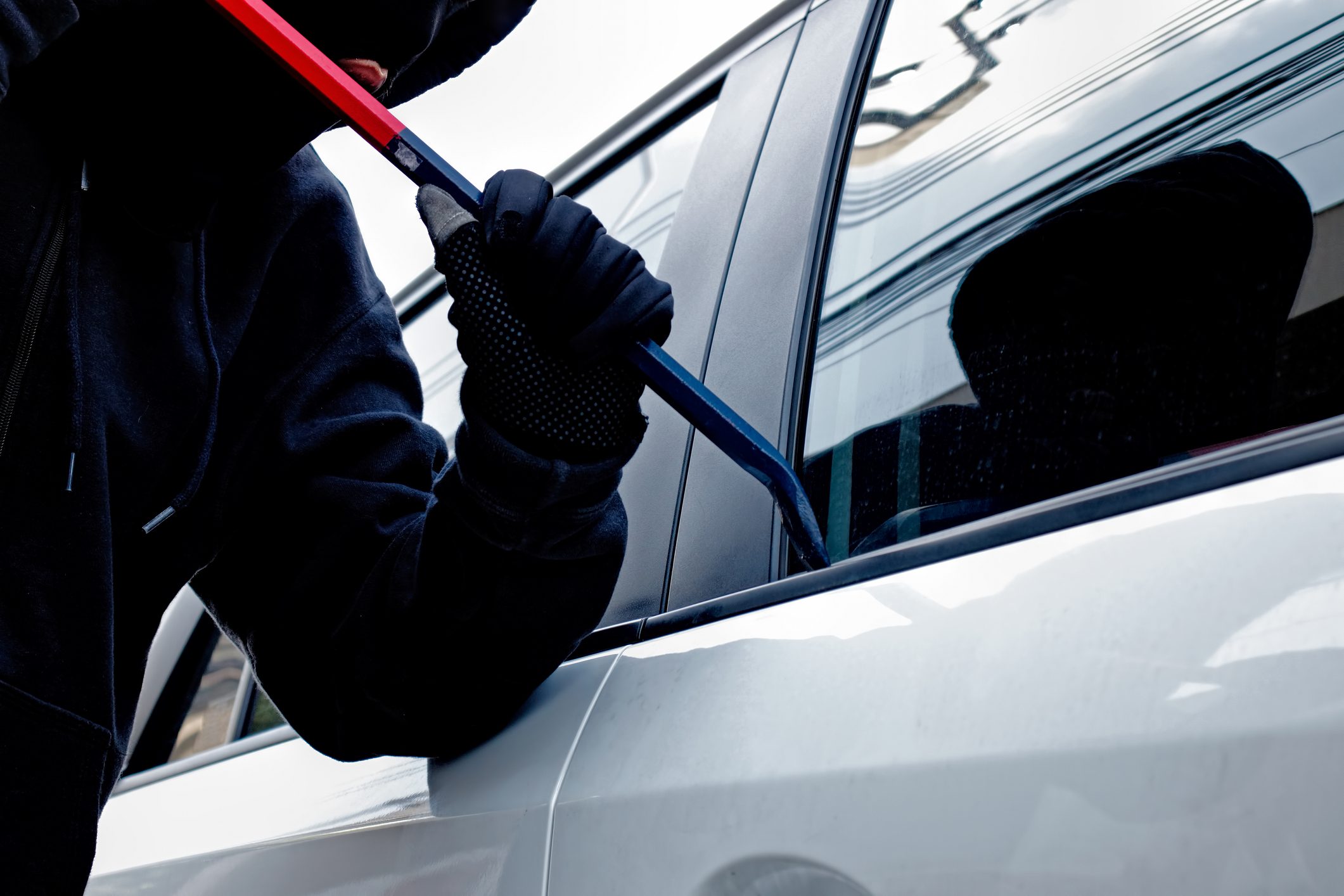Here are the specific car models being affected by these changing insurance policies.

These Auto Insurers Won’t Cover Some Hyundai, Kia Vehicles After Thefts

If a type of car is easy to break into, it only makes sense that it would be targeted by thieves across the country—especially when social media makes it incredibly easy to learn how. While some vehicles have the proper technology that makes it impossible to use the car without the proper key, some don’t—including a few select Kias and Hyundais (the parent company for Kia, even though the two work independently). In 2022, 57% of car thefts in Milwaukee were Kias and Hyundais, as well as 55% of car thefts in St. Louis.
So of course, with it being so easy to steal a car that doesn’t have the proper technology to protect it, insurance companies don’t want to bother covering a vehicle that is doomed from the start.
On This Page
Why Do Some Auto Insurance Companies Not Want to Cover Hyundais and Kias?
Insurance companies don’t want to cover these particular models of Hyundais and Kias because they are apparently too easy to steal.
Both of these models of cars lack engine immobilizers, a piece of security technology that doesn’t allow for the engine of the car to start unless the correct key is inserted into the ignition. Some cars even have a timed no-start condition if the wrong key is activated, using satellite and mobile phone communication to alert others that the car was trying to be activated with the incorrect key.
Without it, a car can easily be stolen—especially for cars with keyless entry. In particular, the affected Hyundai and Kia models can actually be broken into simply with a screwdriver and a USB cord.
What Specific Hyundai and Kia Models Are Affected?
Within the two brands car thieves are targeting, 2011 to 2021 models like Kia Souls and Sorentos, and Hyundai Tucsons and Elantras are usually targeted due to how easy they are to steal.
Because those cars do not contain the engine immobilizer, thieves can simply pop off the cover and break apart the ignition by turning the cylinder with a USB cable, making it easy to get the car going. This method of stealing cars has become easy to execute due to a series of viral online videos showing how exactly to break into these types of models.
Which Insurance Companies Are Denying Coverage to Hydudais and Kias?
As of right now, major insurance providers State Farm and Progressive are denying coverage of these select Kia and Hyundai models, according to CNN Money. Although the full scope of coverage for these particular vehicles across the insurance industry remains unclear, it’s estimated that other insurance providers may increase coverage premiums or decline coverage altogether.
Both Kia and Hyundai made statements to NBC15 in response to these insurance company decisions.
“Kia America regrets this decision by certain insurers and its impact on owners and lessees of select Kia vehicles, which we anticipate will be temporary,” Kia stated to NBC15. “Engine immobilizers are now standard on all Kia vehicles and have always been standard equipment on Kia vehicles with push-button ignitions.”
Hyundai “regrets this decision by insurers and its impact on select Hyundai vehicle owners and lessees, which we anticipate will be temporary.”
Plus, Hyundai also stated that they may bring some of these affected vehicles into local Hyundai dealerships for customers to purchase newly customized security kits to be installed.
If My Insurance Doesn’t Want to Cover My Car, What Can I Do?

If the premiums are too high, it may be worth taking a look at your finances first and see if it’s time to replace your vehicle with something new, especially if you’re not able to find insurance to cover your car at all.
However, if the financial burden of premium insurance coverage is worth it compared to buying a new car, or you find yourself not able to financially afford a new car at this time, you could always invest in a few anti-theft car devices to give your vehicle an extra layer of protection. While this will not outright solve the problem, for the time being, these devices can help.




















